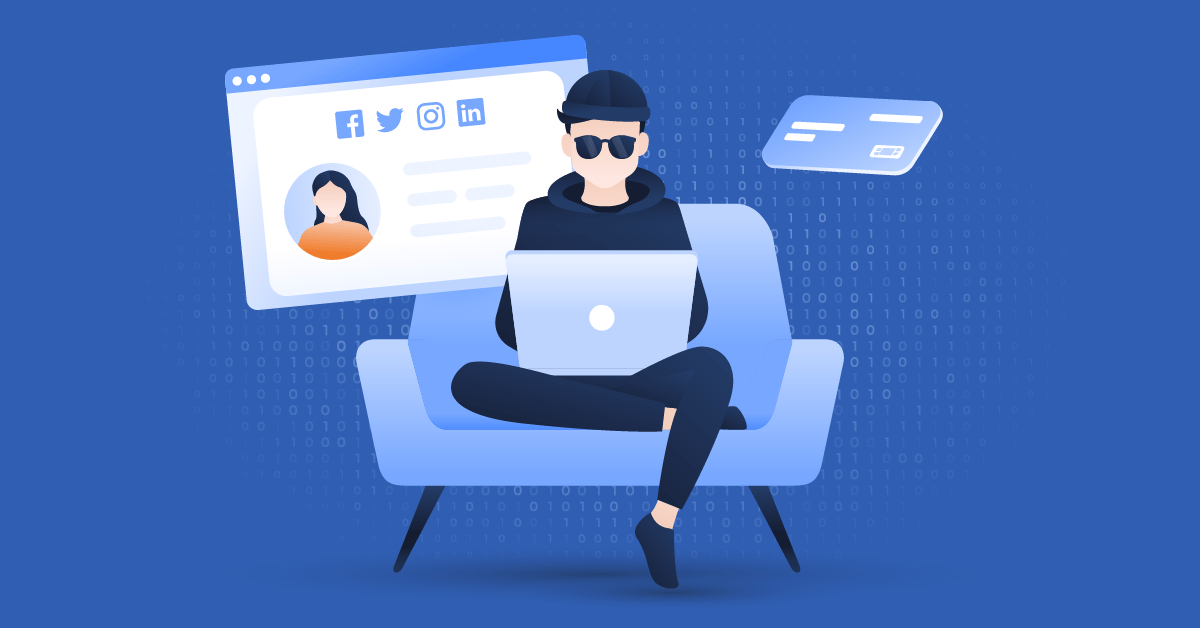As someone with extensive experience in cybersecurity, I have seen firsthand the importance of safeguarding personal information online. Virtual Private Networks (VPNs) serve as a crucial line of defense against various cyber threats, but they are not a one-size-fits-all solution. My approach to using a VPN incorporates specific safety rules that I have developed over the years. Here are my personal guidelines to enhance VPN safety for everyday use.

Understanding VPN Fundamentals
Before diving into the rules themselves, it’s essential to understand what a VPN does. A VPN encrypts your internet traffic and disguises your IP address by routing your connection through a secure server. This adds a layer of privacy, but it’s only effective if used correctly. I believe the effectiveness of a VPN relies on its proper usage and the user’s awareness of potential pitfalls.
Choosing the Right VPN Service
Not all VPNs provide the same level of service. Selecting a reputable provider is vital. I recommend looking for these features when choosing a VPN:
- No-Logs Policy: Ensure the provider has a strict no-logs policy, meaning they do not store any of your data.
- Strong Encryption: Look for protocols like OpenVPN or WireGuard, which offer robust encryption features.
- Speed and Server Locations: A good VPN should maintain fast speeds and have multiple server locations worldwide.
- Customer Support: Reliable customer support can help resolve issues quickly when they arise.
- Kill Switch Feature: This feature terminates your internet connection in the event of a VPN dropout, preventing your data from being exposed.
By focusing on these criteria, I have consistently found VPNs that meet my security needs.
✅ Current deal: 🔥 Get NordVPN with up to 75% OFF! 🔥
Tips for Safe VPN Usage
To maximize the effectiveness of my VPN, I adhere to the following safety tips:
- Keep Your VPN Software Updated: Regular updates often include security patches that protect against new vulnerabilities.
- Use Strong Passwords: I always create complex passwords for my VPN accounts to reduce the risk of unauthorized access.
- Connect to Secure Servers: Before accessing sensitive information, I ensure I’m connected to a highly secured server that offers a reliable connection.
- Avoid Free VPNs: Free VPN services often come with hidden risks, such as data logging and insufficient security measures. I prefer investing in reputable paid options.
- Enable Multi-Factor Authentication: Adding an extra layer of security with multi-factor authentication enhances protection against unauthorized access.
- Know Your VPN Limits: A VPN does not protect against all cyber threats. I remain vigilant to phishing attempts, malware, and other scams.
Implementing these tips has helped me maintain high security while using VPN services.
Being Aware of the Risks
Using a VPN does not guarantee complete anonymity online. I remind myself constantly that, while they enhance security, several vulnerabilities remain. For instance, if a user logs into personal accounts or shares information while connected to a VPN, they may inadvertently expose themselves. Here are some specific areas of concern that I pay attention to:
-
DNS Leaks: If a VPN fails to protect DNS requests, it can expose my actual location. I regularly test for DNS leaks to verify that my VPN is functioning properly.
-
Malware Risks: I ensure my device is equipped with reliable antivirus software. Even with a VPN, malware can still compromise my security.
-
Public Wi-Fi Dangers: When using public Wi-Fi, I avoid accessing sensitive information unless my VPN is active. Public networks are breeding grounds for cybercriminals.
-
Device Security: Keeping all my devices updated with current operating systems and software minimizes the risk of exploitation.
By staying aware of these risks, I can make informed decisions regarding my online activities.
Configuring Your VPN for Enhanced Security
I have learned that proper configuration of my VPN can have a significant impact on my online safety. Here are steps to improve the security of my VPN setup:
-
Choose the Right Protocol: Depending on my needs, I select between different protocols. OpenVPN is my go-to for a balance of speed and security.
-
Use Split Tunneling Wisely: This feature allows me to choose which apps use the VPN and which do not. I apply it carefully, ensuring sensitive applications run through the VPN.
-
Enable IPv6 Leak Protection: Many VPN providers offer this option. By activating it, I create an additional safeguard against potential exposure.
-
Regularly Check Connection Stability: I monitor my VPN connection for drops. If I encounter frequent disconnects, I reassess my server choice.
Implementing these configurations has drastically improved my online security.
✅ Current deal: 🔥 Get NordVPN with up to 75% OFF! 🔥
Conclusion
By establishing these safety rules for everyday VPN use, I have successfully enhanced my personal cybersecurity posture. While a VPN is a powerful tool for maintaining privacy, it is not foolproof. Continuous awareness and proactive measures are key to remaining secure in an ever-evolving digital landscape.
By adhering to these principles and tips, I can confidently navigate the internet, knowing I have taken proactive steps to protect my information. Ensuring that my VPN is effectively configured and that I remain informed about potential risks will help me stay one step ahead of cyber threats in the future.
Affiliate Disclosure: By clicking on our links, we may earn commissions at no additional cost to you.